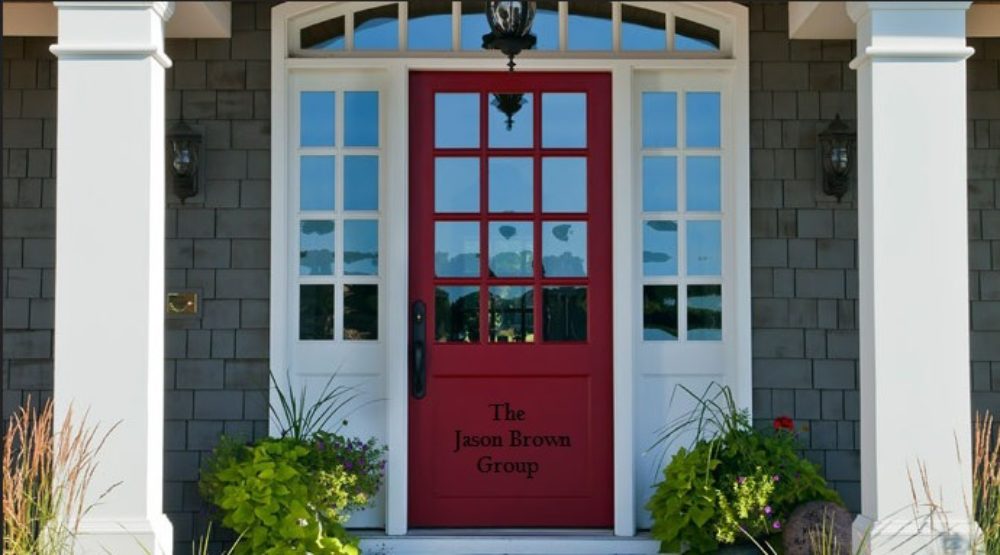Checking The Pulse Of The Kansas City Real Estate Market
We’ve all had cold feet when contemplating a purchase at some point in our lives. Cold feet can come from an indecision of which item to purchase or, in some cases, it comes when you realize you shouldn’t even be buying the item at all. When dealing with Kansas City homebuyers, it’s critical that we determine early on that a buyer is prepared both emotionally and financially for the purchase they’re about to make. If you buy a wrong car that can be stressful but it’s usually not an earth-shattering mistake. If you buy the wrong home however, that could be a very, very costly mistake. Along with marriage, the decision to buy a home is one of the most important decisions most of us will make in our lifetimes.

While it’s better to have cold feet early in the process than buyer’s remorse later, the best option is to work to avoid either situation altogether. That’s why it’s so important that Kansas City home buyers consider a few core issues before beginning their home search. If there is any uncertainly about your job situation or job security, you should consider buying a smaller, more affordable home — or renting until your situation becomes more clear. Having a stable income is the only way you will be able to enjoy home ownership. If you believe there’s any chance you could get laid off or relocated or if you are self-employed and your income level fluctuates greatly, you could be setting yourself up for a lot of stress later. Having to turn around and sell a home quickly, usually leads to financial losses, even in a seller’s market.
If you already have a lot of debt that you aren’t able to pay down significantly each month, then buying a home is just going to add to your monthly expense burden. If a Kansas City mortgage lender says you qualify for $2,000 a month house payment, that means that’s the MAX you qualify for – and it means that if you go that high with your payment, you’re likely going to be in a poor position to satisfy some of your other wants and needs later. If a lender’s Pre-Approval tells you that you can afford a $300,000 home, you might only want to go up to $250,000 to leave yourself some breathing room going forward.
Additionally, you should also have cash reserves in the bank. Without getting too deep into any client’s financial affairs, there’s a tell-tale sign of someone who’s about to put themselves in a difficult situation. That’s the question of how much of a down payment the buyer has… FHA loans require a 3.5% down payment and conventional loans require a 5% down payment. If a buyer doesn’t have at least this much in savings, they really should be renting and working to save up the money to purchase a home. There are also future home repairs that a buyer needs to consider. If the air conditioner goes out, you had best have a home warranty in place or savings to pay for the repairs. If you don’t, you’ll either have to hold off on the repairs or make monthly payments on the repairs — neither being great options.
Posted by Jason A. Brown
